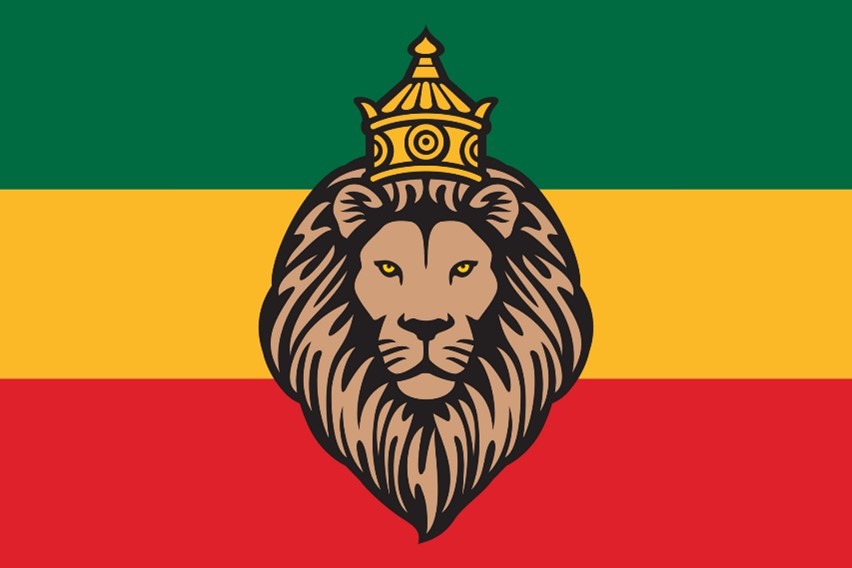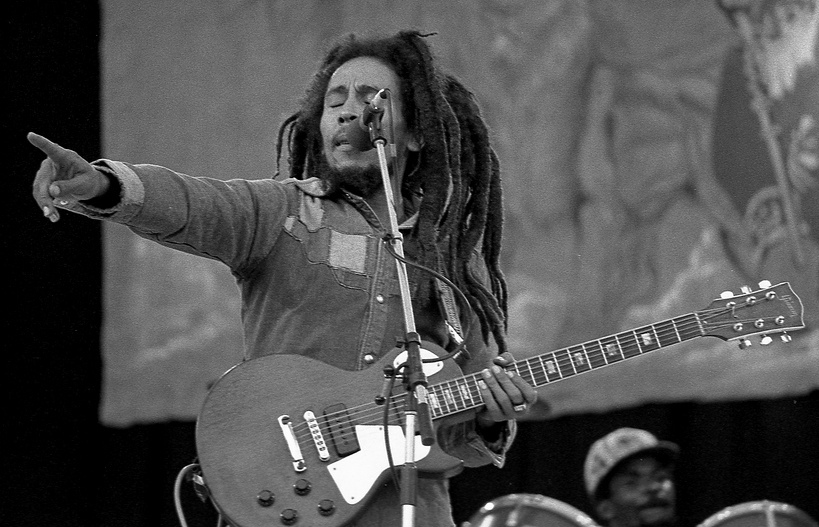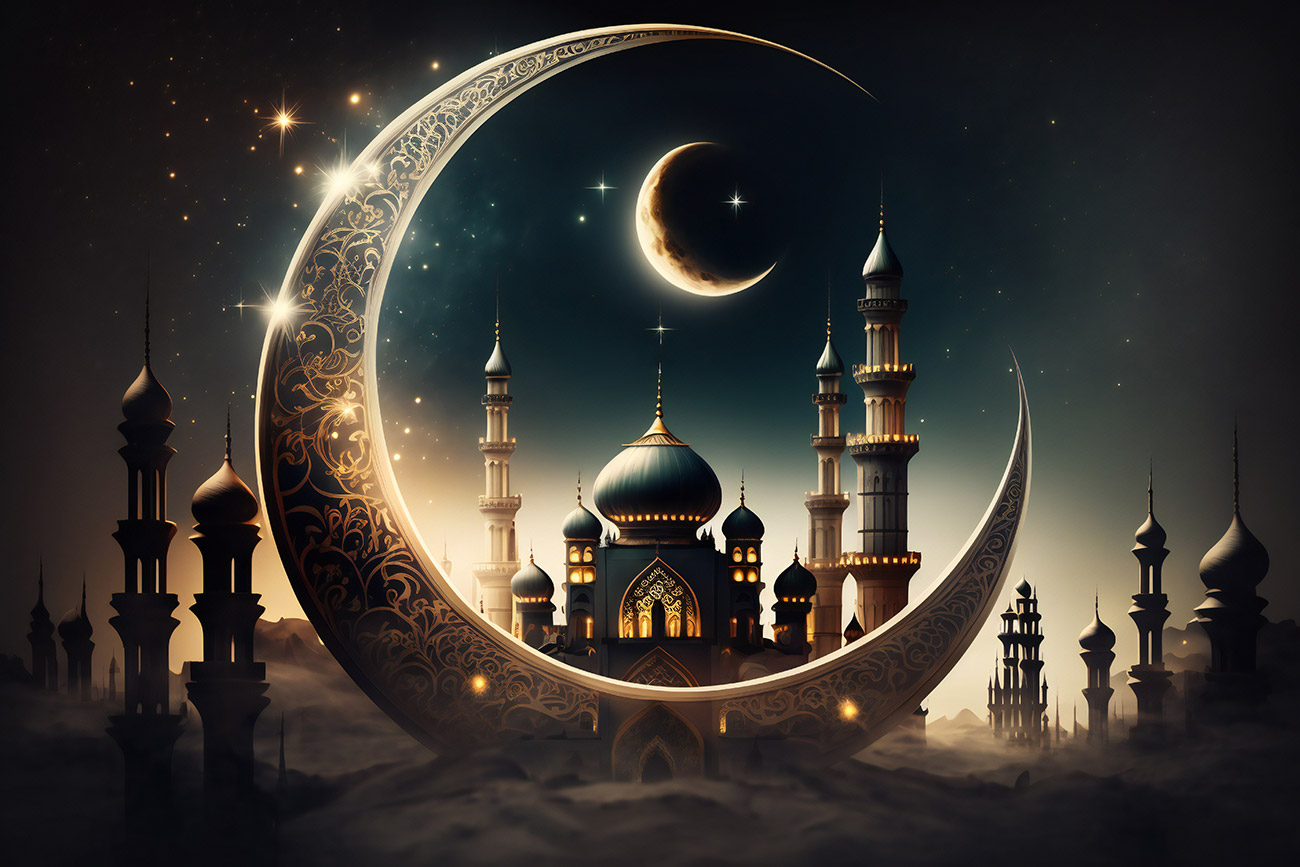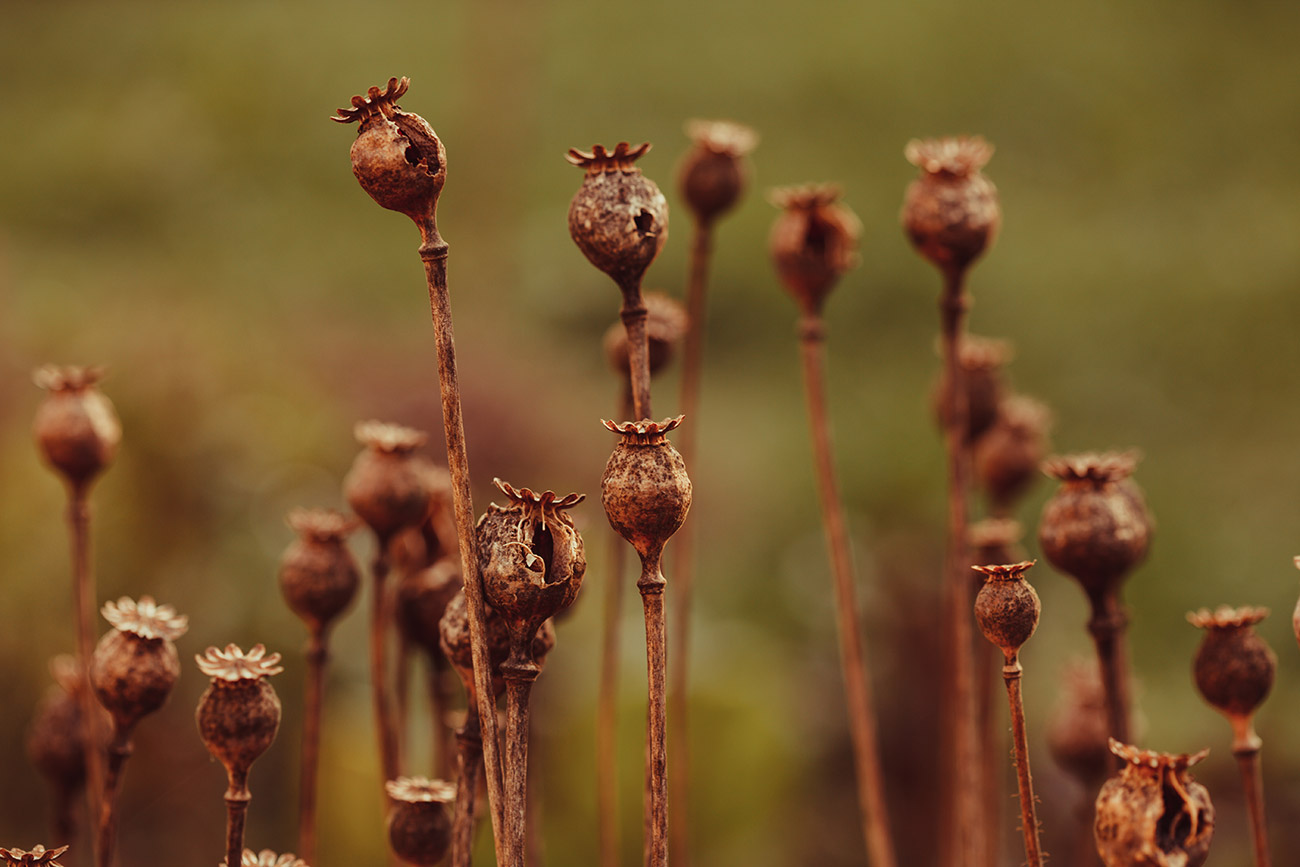Drugs
Most of us, at different times in our lives, use some type of drugs. So, what is a drug? In general terms, a chemical substance that changes the way the mind or body works. There are drugs used to treat diseases and recreational drugs, some legal such as alcohol and tobacco and others illegal such as cannabis and heroin. This article deals with the attitudes of three religions, Rastafarianism, Sikhism and Islam, towards the use of illegal drugs.

The use of illegal drugs
Drug problems is certainly one of the major problems in modern society and leads to thousands and thousands of lives being ruined every year. There are many reasons why people turn to illegal drugs – to help them relax, to cope with stress and day-to-day life problems. Young people can be tempted to try them because of peer pressure, and the promise that it leads to having fun and making them feel better, to feel high, as it is referred to. Unfortunately, we are not often aware of the risks and how easy a serious drug problem can develop. In Wales deaths from drug poisoning have increased by 78 per cent over the last 10 years.
Only one, only once – in the rave
to experience its joy,
One after one became a hundred.
And fix after fix became fact.
Misusing these drugs can lead to dependency and addictions, to medical, familial, legal and financial problems. But what do religions have to say on the matter?

Rastafarianism Symbol
Rastafarianism is a very young religion developed in Jamaica in the 1930s after Haile Selassie I was crowned King of Ethiopia. Many Rastafarians believe that Haile Selassie I is God and will ensure that black people who live exiled in different countries, mainly because of the slave trade, can return to Africa. The lion in the symbol represents Haile Selassie I who is given the title ‘Conquering Lion of Judah’ and the lion’s mane represents the way Rastafarians style their hair in dreadlocks. Rastafarianism’s colours are red, green and gold but sometimes black is added.
The religion’s beliefs and teachings were developed by Marcus Garvey, a political campaigner over equal rights for black people. They believe that black people are God’s elected people; that reincarnation follows death and that life is eternal. In terms of their lifestyle, Rastafarians do not believe in cutting their hair, eating meat, especially pork, and they try to eat natural produce such as fruits and vegetables. Their religious rituals include prayer meetings and what is called ‘bingis,’ which is a drumming ceremony throughout the night, and of course, it is from Rastafarianism that ‘reggae’ music grew, which became popular globally due to Bob Marley’s influence.

Bob Marley (© Eddie Mallin)
Another Rastafarian ritual is to smoke ‘ganja’ – a wisdom herb or the holy vegetable which is the Rastafarians’ name for the cannabis drug. The purpose of this ritual is to help reflect and thereby ensure a closer relationship with ‘Jah’ (God). Ganja is also seen by Rastafarians as the herb of life mentioned in the Bible. Rastafarians use of ganja is justified by the following Psalms 104:14 that says, “He causeth the grass to grow for the cattle and herb for the service of man, that he may bring forth food out of the earth.” Rastafarians also say it was found growing at the grave of King Solomon in the Bible. Interestingly, they are against every other drug and Rastafarians do not drink alcohol. Despite what many people believe, Rastafarians condemn the general use of cannabis. Instead, they use it in religious ceremonies, in a very ritualistic way to increase feelings of unity and help create visions of a spiritual nature.
Rastafarianism’s ‘reasoning sessions’ are religious meetings which include group reflections, and cannabis is used to help followers go into a trance-like state. Cannabis is normally smoked in a pipe (or “chalis”) and a short prayer is always recited before it is smoked: “Glory to the father and the creator of the universe. As it was in the beginning, it is now and always.” This is what Donisha Prendergast, Bob Marley’s granddaughter, said about the use of ‘ganja’ – “Rastafarians do not take drugs because ganja is not a drug. Ganja is a plant.” For Rastafarians, the free smoking of ganja is a religious right and an issue of religious freedom; however it is seen as criminal activity by most governments. One of the reasons Rastafarians in the 20th century were associated with criminality by authorities is their connection with growing and distributing marijuana.

Sikhs believe that the body is a temple built by God and therefore needs to be treated with a lot of care. Taking drugs clouds the mind and causes harm to the lungs, heart and other parts of the body. Although taking drugs was common in the days of Guru Nanak, he refused to do so, saying that he was addicted to praising God. "Those who do not use intoxicants are true; they dwell in the Court of the Lord” (GGS p 15). For Sikhs, the mind should be clear at all times to be able to react to God’s free will. The Rahit Maryada, the Sikhism Disciplinary Code notes – ‘Sikhs must not consume alcohol, tobacco or other drugs.’
The Guru Granth Sahib, the Sikhism religion’s main authority figure, bans the use of any type of drugs unless they are given by a doctor for medical reasons. The use of alcohol and other drugs such as tobacco, cannabis and heroin for personal enjoyment or religious reasons is condemned by Sikhism Gurus. People who use such things are wasting their lives and live in a virtual world. The Guru Granth Sahib supports those who are aware of what happens around them and refrain from taking any type of drugs. As Guru Granth Sahib said: “Those who do not use drugs correctly; they reside in the Lord’s Court.”
Drugs are also included in the five major evils listed in Sikhism, the five evils that prevent a person from becoming Gurmukh (one that lives his life focused on God) and makes them Manmukh (one that lives his life focused on himself). The five are lust, wrath, Maya (illusion), drugs and jealousy. The Guru Granth Sahib clearly notes that the Gurmukh must not drink wine, even if it is made from the water of the Ganges, a river considered by many in India as the holiest river in the world: “Even if the wine is made of the water of the Ganges, Oh Saint, do not drink it.” The Guru Granth Sahib states : "Drinking wine, his intelligence departs, and madness enters his mind."

Islam
All types of drugs are prohibited in Islam, and anything that clouds the mind is called Khamr. In general, Muslims’ attitude towards taking drugs derives from their belief that they are not the owner of their bodies, but Allah. Therefore, any substances causing harm to the mind and body are considered ‘haram’ which are things that have been prohibited by the Islamic law. Drugs are often used by people to avoid life’s problems and escape into a fantasy world where everything is great. Unfortunately, fantasy experiences can be dangerous and the good feeling that they experience does not last. These things go against the spirit of Islam. Being a Muslim means always having control over what you are thinking, saying and doing. “O you who believe! Intoxicants, games of chance, sacrifices to idols and divination by arrows are a loathsome evil of Satan’s doing; so turn wholly away from it so that you may prosper” ( Quran 5:90).

Growing the opium poppy in Afghanistan
Again, things are not as straightforward in many Islam countries. One of them is Afghanistan, where farmers for hundreds of years have depended on growing and selling the opium poppy that is used to make heroin. At the time, more than 80% of the world’s opium came from there, and heroin made from Afghanistan opium was 95% of that being used in Europe.
In the past, Muslim leaders, despite publicly condemning growing, selling and using drugs, turned a blind eye to the industry, and set a tax on the opium to fund their own plans. This would benefit the government and farmers. However, in April 2022, the supreme leader of the Taliban, the Muslim group controlling Afghanistan, declared that growing the poppy had been completely prohibited. Anyone breaking the ban would be destroyed and those responsible would be punished in line with Sharia law.
According to the Taliban, this was because of opium’s harmful effects and because it went against their religious beliefs. It seems that they are very successful in implementing the ban and opium production has fallen 80% during the last year. Farmers are being forced to plant wheat instead, which is much less profitable and because of this, many face financial problems. The Taliban’s attitude certainly corresponds with Islam teachings about drugs, but will they in time turn a blind eye for financial gain?


